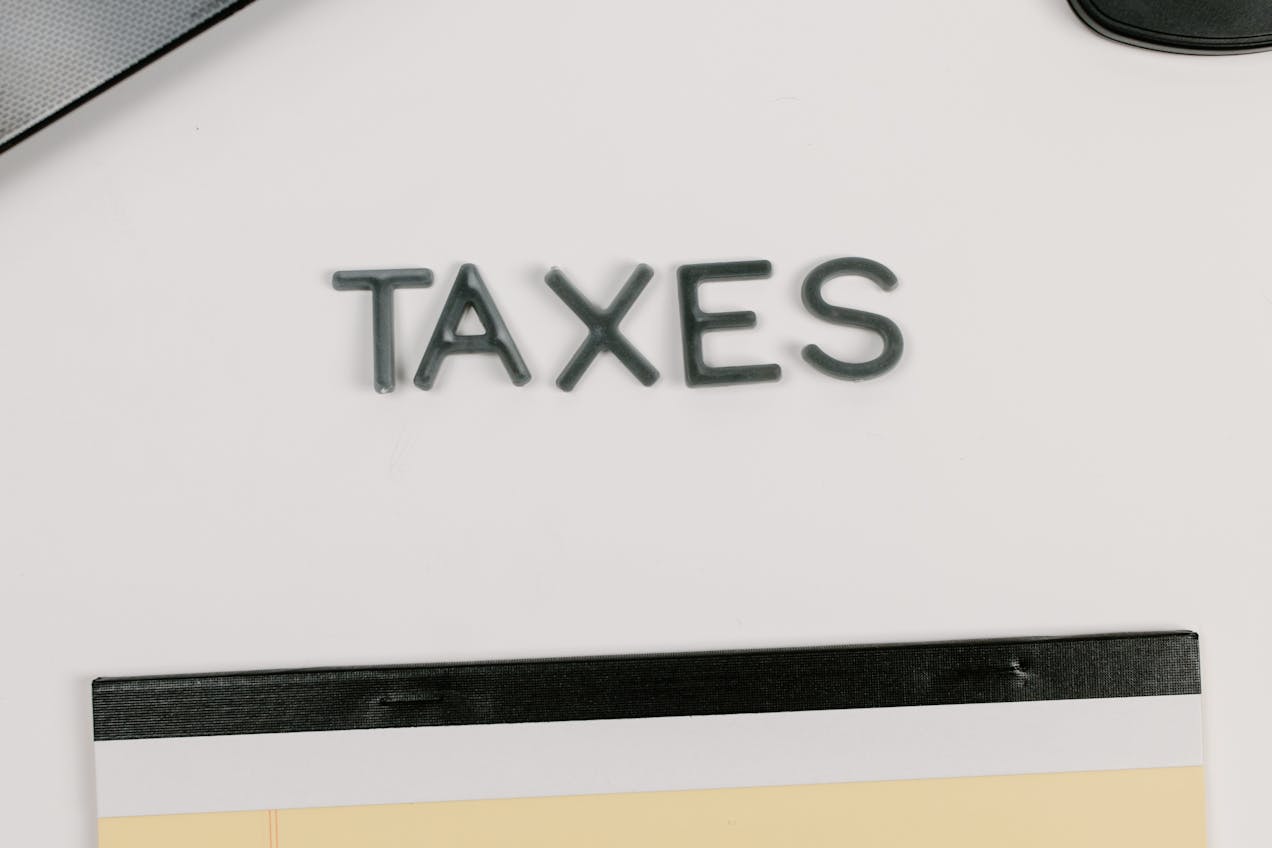
Tired of seeing a big part of your earnings disappear into taxes? What if there were simple tax strategies to help you lower your tax bill and keep more of what you earn? Whether you’re a business owner, freelancer, or investor, these tax-saving strategies can help you make the most of the tax laws and keep more money in your pocket!
v1. Plan Ahead for Your Taxes
Good tax planning starts with knowing your income tax, tax brackets, and where you can legally reduce your taxable income. Explore the tax credits, deductions, and tax breaks that apply to your situation, such as contributing to your 401(k) or claiming the Child Tax Credit.
2. Claim All Your Deductions
One of the most effective ways to reduce taxes is to claim every possible deduction. For individuals, this includes medical expenses, charitable donations, or home office deductions. For business owners, it means deductions for business taxes, depreciation, and payroll, among others.
3. Leverage Tax Credits
Tax credits directly reduce the amount of tax you owe, which can lead to big savings. Consider credits like the R&D credit, Education Tax Credit, or Foreign Tax Credit if you’re living or working abroad.
4. Focus on Retirement and Investment Tax Moves
Contributing to retirement accounts such as a 401(k) or considering a Roth conversion can provide substantial tax benefits. If you have investments, strategies like deferring capital gains through a 1031 exchange or using HSA tax benefits can help you reduce your tax bill.
5. Tax Strategies for Businesses
If you run a business, tax efficiency becomes even more important. Take advantage of S-Corp taxes, LLC taxes, and depreciation deductions to lower your self-employed taxes. Additionally, make sure to claim all eligible deductions for travel, meals, equipment, and more.
6. Year-End Tax Moves
At the end of the year, certain strategies can help you reduce your tax bill. Consider accelerating expenses or deferring income to the following year to lower your current year’s tax liability. Year-end adjustments can provide flexibility in lowering taxes owed.
7. Get Expert Help for Complex Tax Situations
For complex tax issues like estate tax, gift tax, trust taxes, or the Alternative Minimum Tax (AMT), expert help from a tax advisor is crucial. These areas can significantly impact your tax situation, and professional guidance ensures you avoid costly errors.
8. Stay Informed on Tax Law Changes
Tax laws are always evolving, which can impact your ability to claim certain tax benefits. Keep up with changes to areas like real estate tax, dividend taxes, and stock options tax to make informed decisions when preparing your taxes.
Conclusion:
Reducing your taxes requires thoughtful planning and taking full advantage of deductions, credits, and other strategies. By carefully managing your business taxes, retirement accounts, and personal finances, you can significantly reduce your tax liability. Whether you’re an individual or business owner, consulting with a professional tax advisor ensures you’re taking the right steps to save the most. Contact us today to start saving on your taxes and avoid costly mistakes.
Need Guidance?
Looking to reduce your taxes this year? Contact our founder and CPA, Anshul Goyal, at anshul@kkca.io today for tailored tax strategies that can help you save on your tax bill and keep more of your hard-earned income.
Disclaimer:
This blog is for informational purposes only and does not constitute financial or tax advice. Please consult a licensed tax professional for advice specific to your circumstances.
FAQs
1. What are the best tax strategies to reduce taxable income?
Claiming deductions, contributing to retirement accounts, and utilizing tax credits can effectively reduce your taxable income.
2. How do tax credits differ from deductions?
Tax credits directly reduce the tax owed, while deductions lower your taxable income.
3. What are some common deductions for small businesses?
Common deductions include home office expenses, payroll, travel, and equipment costs.
4. How can I reduce my self-employment taxes?
Structuring your business as an S-Corp, taking legitimate deductions, and contributing to retirement accounts can reduce self-employment taxes.
5. What tax strategies can I use for my 401(k)?
Contributing the maximum allowable amount to your 401(k) can reduce your taxable income and provide tax-deferred growth.
6. What is a 1031 exchange?
A 1031 exchange allows real estate investors to defer capital gains taxes by reinvesting the proceeds from a sale into a similar property.
7. What is depreciation in business taxes?
Depreciation allows businesses to deduct the cost of an asset over its useful life, reducing taxable income.
8. How do Roth conversions affect my taxes?
A Roth conversion moves money from a traditional IRA to a Roth IRA, which can lead to upfront taxes but offers tax-free withdrawals in retirement.
9. What are the tax benefits of charitable donations?
Charitable donations can provide both federal and state tax deductions, reducing your taxable income.
10. When should I consult a tax advisor?
It’s best to consult a tax advisor when handling complex tax issues, such as estate taxes, business taxes, or foreign income, to avoid errors and maximize savings.
